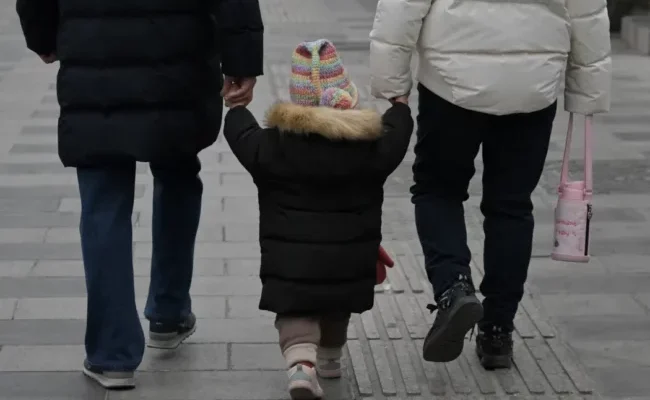
South Korea is poised to record a rise in its birthrate for the first time in nine years, spurred by a rebound in marriages delayed during the COVID-19 pandemic.
The country, which has consistently posted the world’s lowest fertility rates, saw the number of newborns between January and November 2024 increase by 3% year-on-year to 220,094, according to monthly government data released on Wednesday.

This marks a significant reversal from 2023, when newborns dropped by 7.7%, contributing to an annual fertility rate of 0.72—the lowest globally.
The uptick in births corresponds with a 2023 increase in marriages, the first in 12 years. “In the Asian country, there is a high correlation between marriages and births, with a time lag of one or two years, as marriage is often seen as a prerequisite to having children.”
Despite shifting attitudes, traditional norms persist. A 2023 government survey revealed that 62.8% of South Koreans oppose births outside marriage, though this is a decline from 77.5% a decade ago.
Neighbouring China also reported a 5.8% rise in births, reaching 9.54 million in 2024, similarly driven by delayed marriages during the pandemic.
Marriages in South Korea surged by 13.5% to 199,903 from January to November 2024, marking the largest annual increase since 1980, barring any December adjustments.
“Last year, South Korea rolled out various measures to encourage young people to get married and have children, after now impeached President Yoon Suk Yeol declared a ‘national demographic crisis.’”
These measures included financial incentives like a one-time tax cut of 500,000 won ($349.35) per individual for couples married between 2024 and 2026. The government has pledged a broader approach to addressing low birth rates through policies beyond financial support.
The full annual data for 2024 is expected on February 26.
ALSO READ TOP STORIES FROM NIGERIAN TRIBUNE








